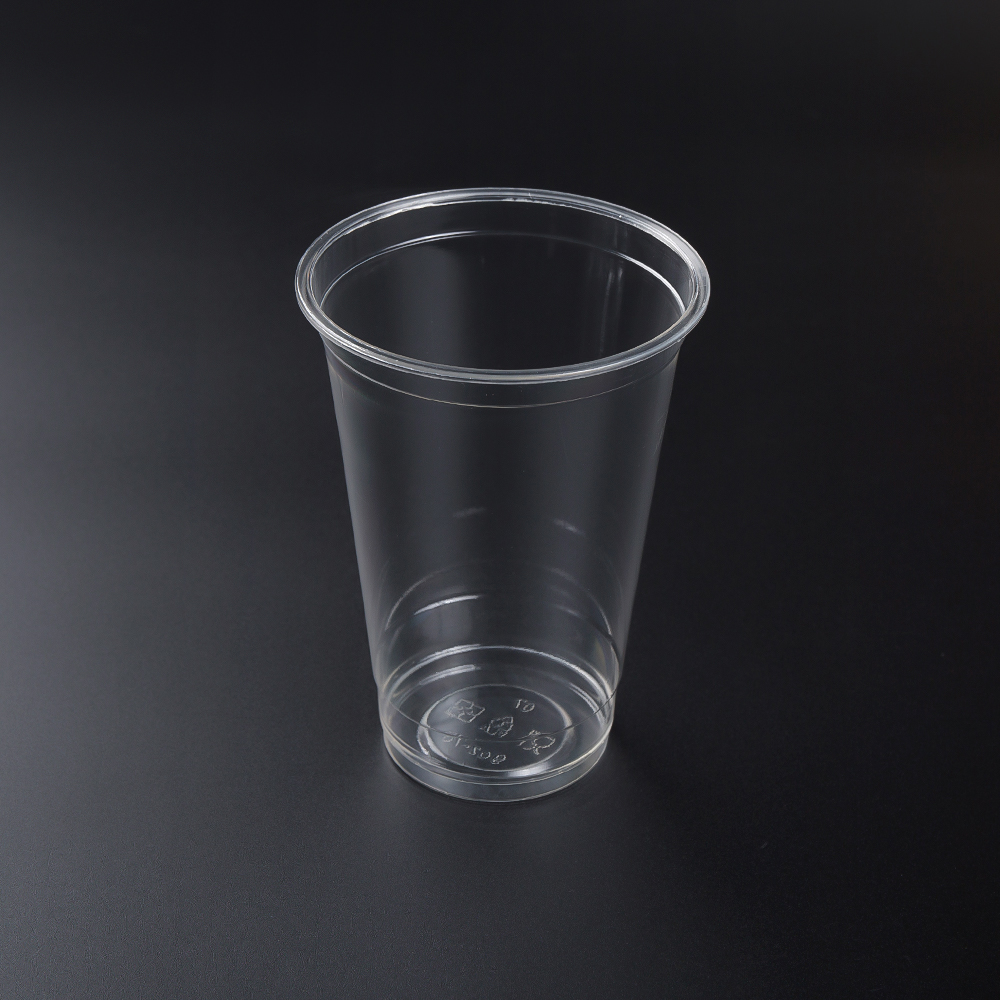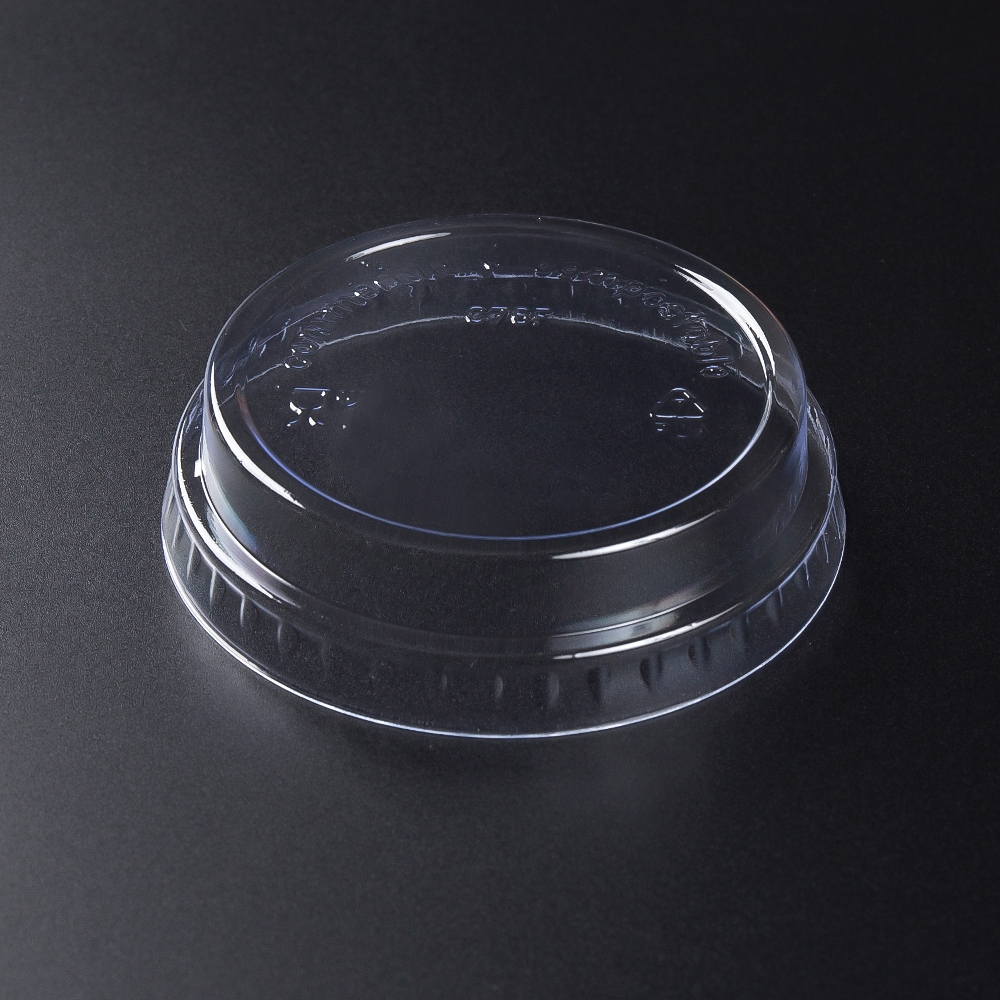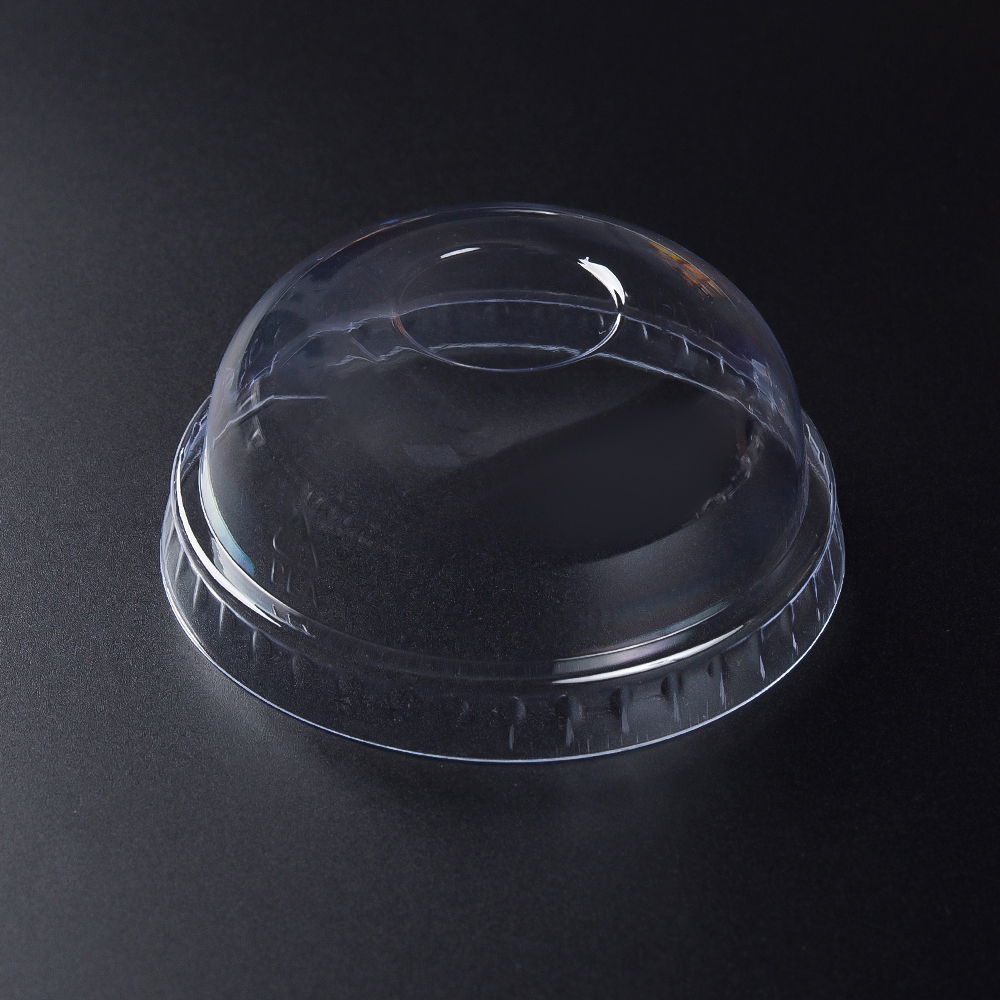Cheap and high quality biodegradable salad containers supply
In recent years, the global push towards sustainability has led to significant innovations in packaging materials, particularly in the food industry. Among these innovations, biodegradable salad containers have emerged as a promising alternative to traditional plastic containers. These eco-friendly containers not only help reduce environmental pollution but also offer enhanced safety and ease of disposal. This article explores the key aspects of biodegradable salad containers, focusing on their food safety and recycling processes.
Food Safety
One of the primary concerns when it comes to food packaging is ensuring that the materials used do not pose any health risks to consumers. Biodegradable salad containers are typically made from natural materials such as corn starch, bamboo fiber, and sugarcane pulp. These materials are free from harmful chemicals commonly found in traditional plastics, such as bisphenol A (BPA) and phthalates, which have been linked to various health issues including hormonal disruptions and cancer.
The manufacturing process of biodegradable salad containers is closely regulated to ensure that they meet stringent food safety standards. For instance, the materials are often treated with natural preservatives and undergo rigorous testing to ensure they do not leach any harmful substances into the food. Additionally, many biodegradable containers are certified by organizations like the FDA and EU food safety authorities, providing consumers with added assurance.
Recycling and Disposal
While the environmental benefits of biodegradable salad containers are well-documented, proper disposal and recycling are crucial to enhancing their positive impact. Unlike traditional plastic containers, which can take hundreds of years to decompose in landfills, biodegradable salad containers break down much more quickly under the right conditions.
The decomposition process for biodegradable salad containers typically occurs within a few months to a year, depending on the specific material and environmental conditions. For example, containers made from corn starch can degrade in industrial composting facilities within 45 days, while those made from bamboo fiber may take up to a year in home composting environments.
To ensure effective recycling, it is important for consumers to follow proper disposal guidelines. Many municipalities now offer composting programs that accept biodegradable materials, including salad containers. Consumers should check local regulations to determine suitable disposal method. In some cases, biodegradable salad containers can be placed in curbside compost bins or taken to designated drop-off locations.
Moreover, businesses that use biodegradable salad containers can play a significant role in promoting sustainable practices. By partnering with waste management companies that specialize in organic waste, these businesses can ensure that their containers are properly composted rather than ending up in landfills. Some companies even provide customers with clear instructions on how to dispose of their containers, further encouraging responsible behavior.
Environmental Impact
The use of biodegradable salad containers also contributes to reducing the overall carbon footprint of the food industry. Traditional plastic production relies heavily on fossil fuels, which release greenhouse gases during extraction and processing. In contrast, the production of biodegradable materials often uses renewable resources and requires less energy, bringing lower emissions.
Additionally, the biodegradation of these containers returns nutrients to the soil, enhancing its fertility and supporting plant growth. This closed-loop system is a key component of circular economy principles, where waste is minimized, and resources are used efficiently.
Conclusion
Biodegradable salad containers represent a significant step forward in the quest for more sustainable and safe food packaging solutions. Their natural materials and rigorous safety standards make them a healthier choice for consumers, while their rapid decomposition and recyclability help reduce environmental pollution. As awareness of the benefits of biodegradable products continues to grow, we can expect to see increased adoption across the food industry, contributing to a greener and more sustainable future.





 English
English 中文简体
中文简体-2.jpg)
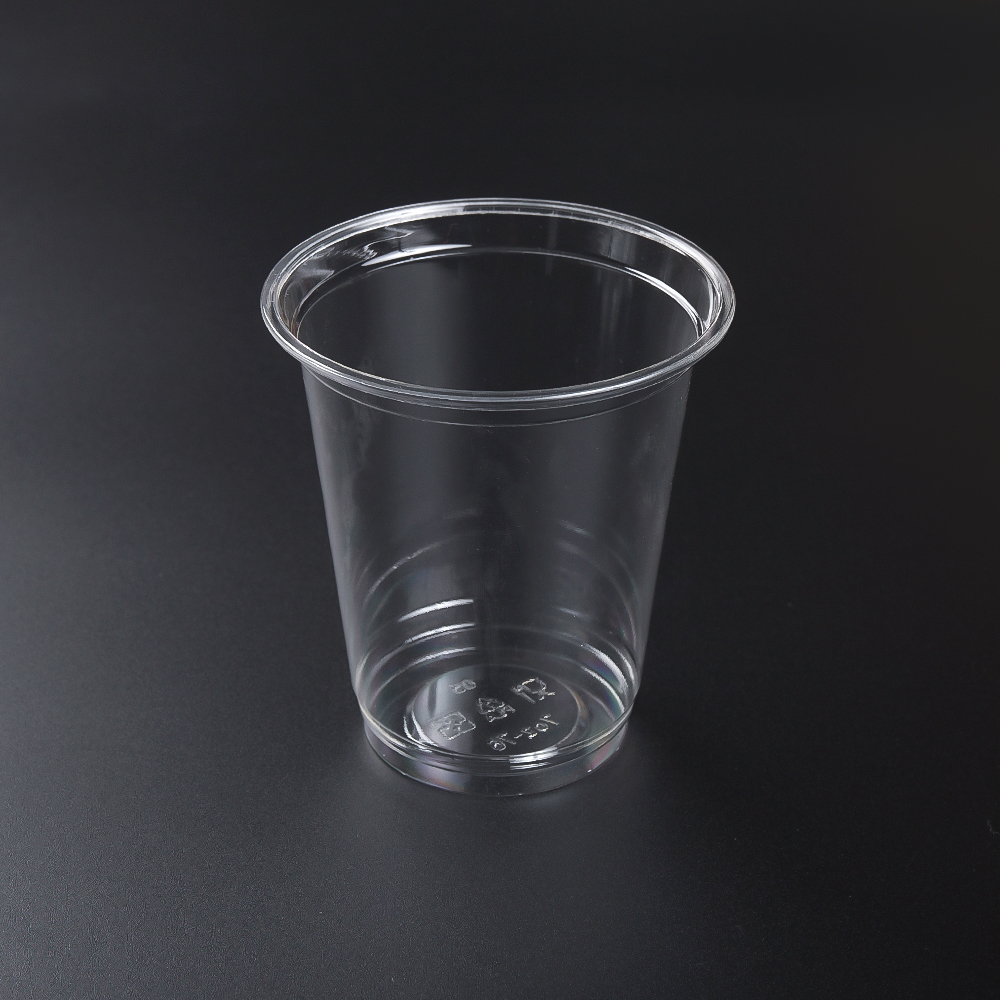
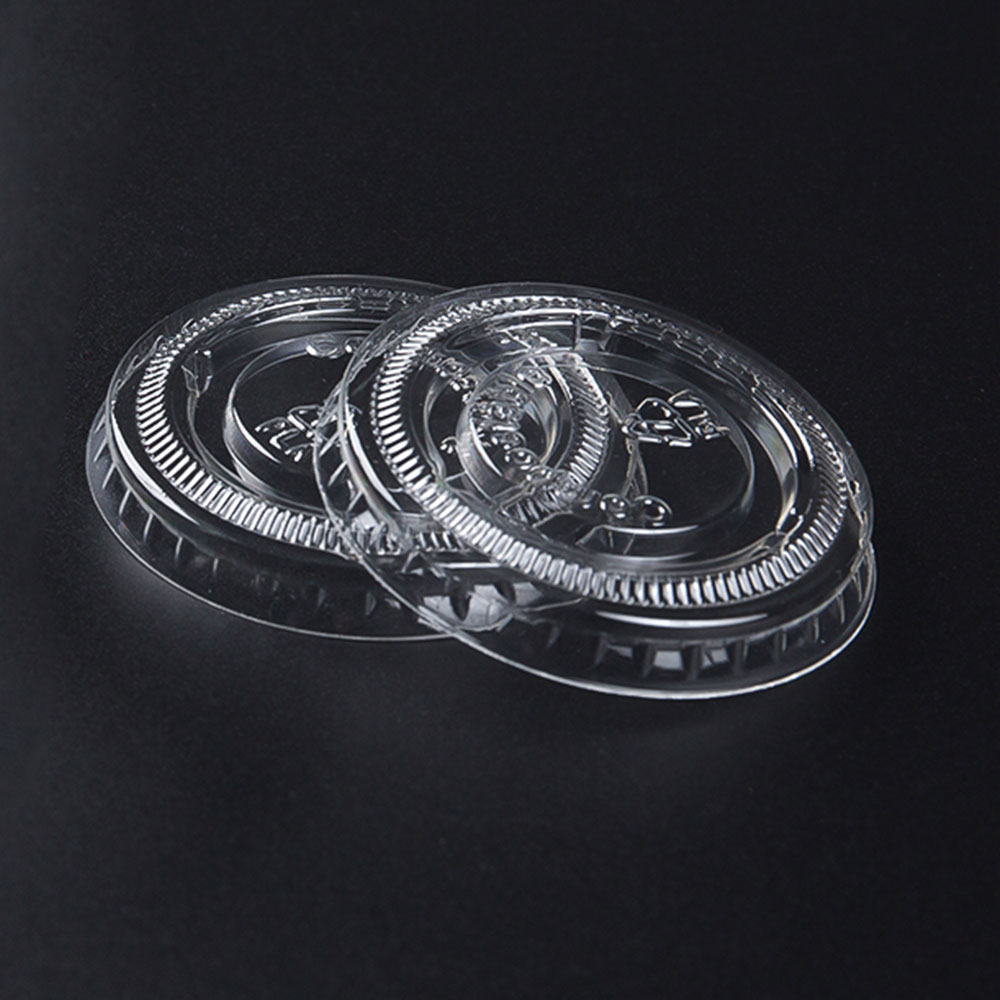
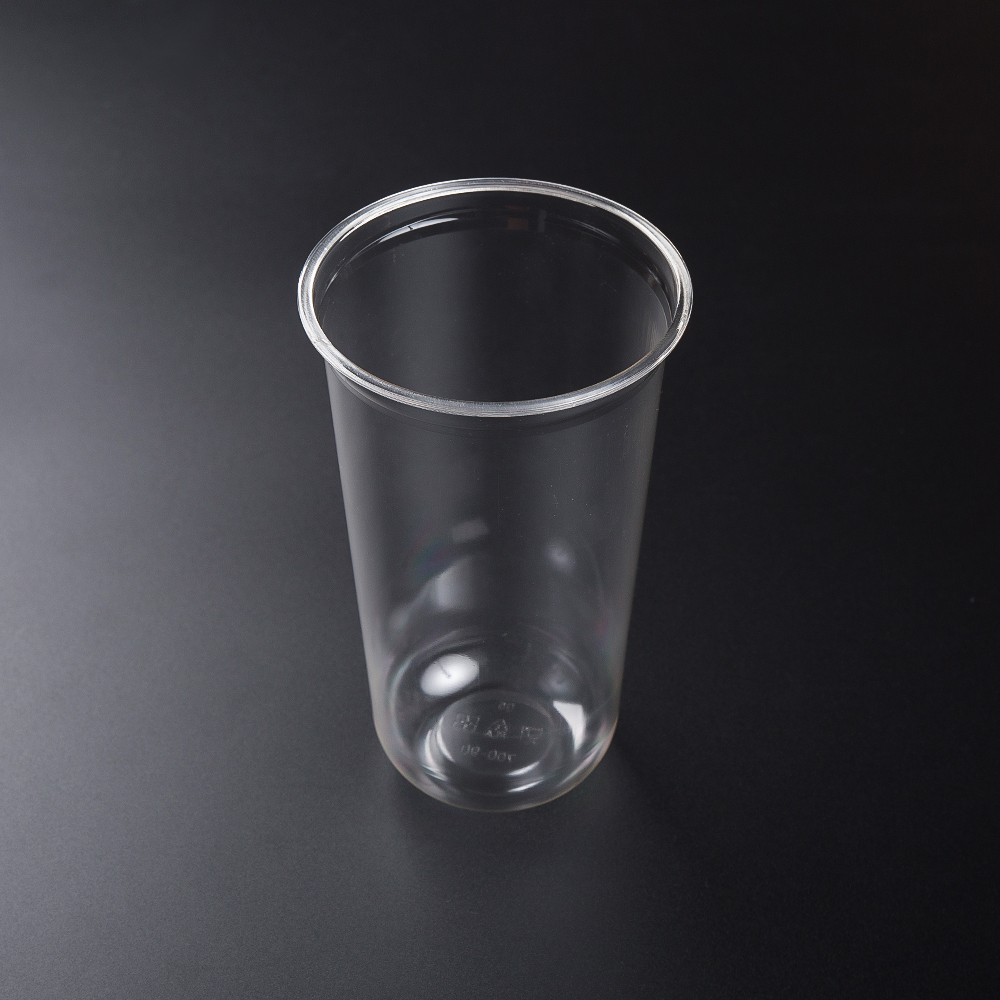

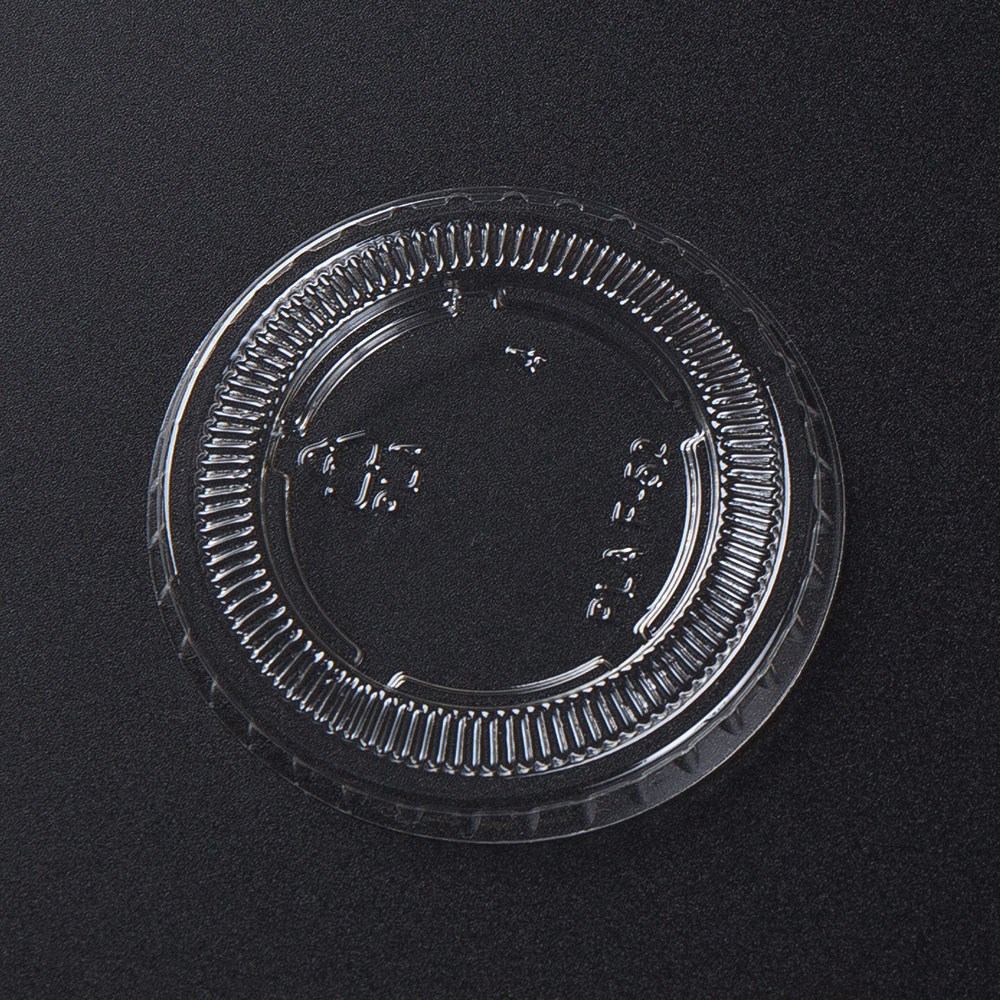

.jpg)
.jpg)
